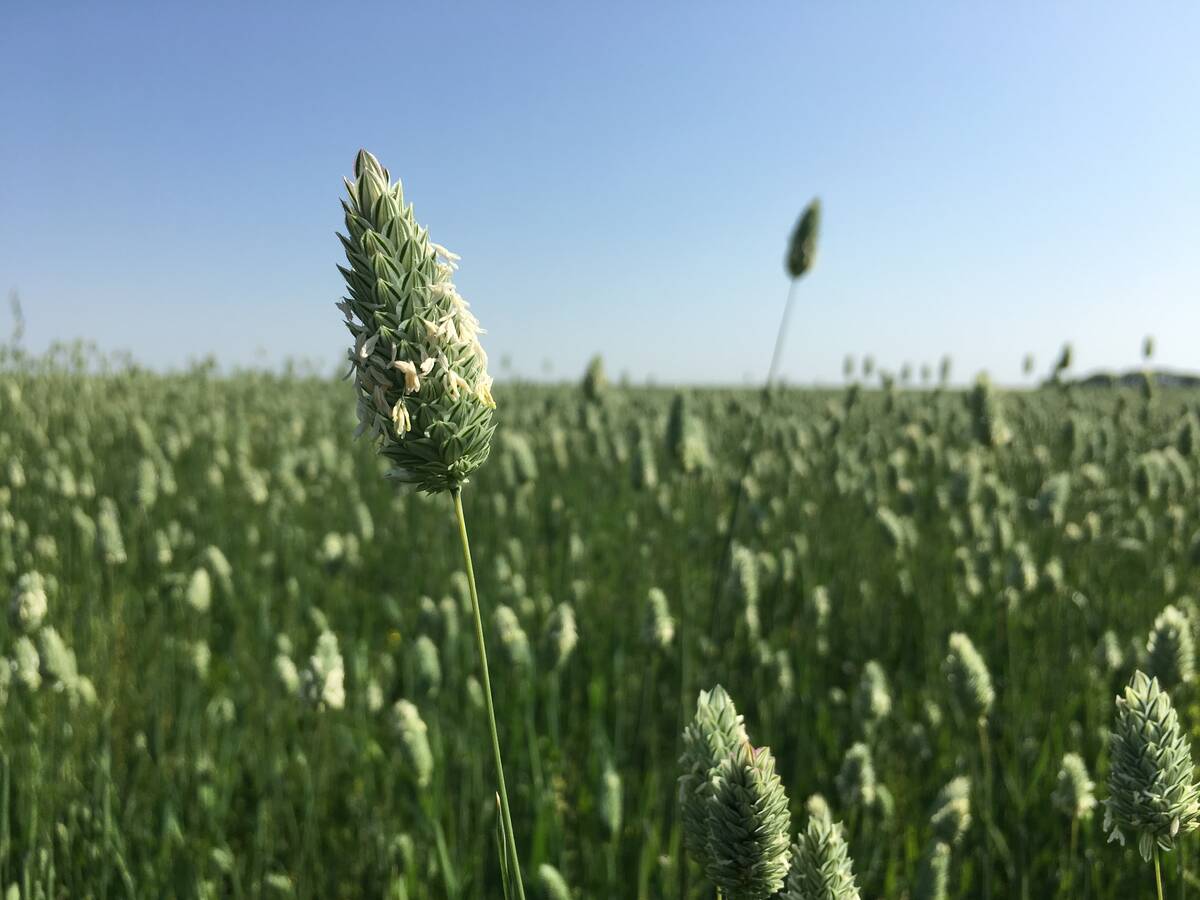The Wild Rose Alliance Party wants to give Alberta farmers more say in local decision-making, according to the party platform.
The party released its agricultural policy at the beginning of August with promises to reform safety net programs, promote marketing choice, make agriculture a priority in international trade negotiations and repeal a series of land use bills that have stirred controversy in rural Alberta since they were passed.
While much of the policy seems in line with the federal Conservative government, leader Danielle Smith says it is a matter of implementation.
Read Also

No special crop fireworks expected
farmers should not expect fireworks in the special crops market due to ample supplies.
“You can say you support certain things but the question is, are the policies and programs we have in place actually working,” she said in an interview Aug. 12.
The top priority is the promise of an income averaging trust account similar to a registered retirement savings account in co-operation with the federal government. Producers could deposit the money and pay tax when it is withdrawn.
“We want to be able to allow for our producers to smooth out the income that they have over a longer period of time so when they have a good year they don’t get walloped with a big tax bill in that year,” she said.
Secondly, the problem of costly federal and provincial regulations needs to be addressed. While Wild Rose does not want to sacrifice food quality or safety, there needs to be ways to streamline the system.
“When I was with the (Canadian) Federation of Independent Business, the agriculture producers were the most likely to say regulations had increased because they were dealing with multiple levels of government,” Smith said.
More regulations could be handled at the provincial or municipal level rather than from a centralized federal system. All regulations should take into account an accurate cost-benefit analysis of their impact on agricultural producers and food safety.
Farm safety nets must serve those most in need rather than relying on long-term programs.
“The key for us is to make sure we are devoting resources to the front lines. I hear problems across the board about the amount of resources that often get misdirected into middle management bureaucracy and we reduce the amount of money we have available to support our frontline workers,” said Smith.
The party is also willing to wade into the Canadian Wheat Board debate, arguing new federal legislation does not mean abolition of the 70-year-old institution.
“There are some who are trying to scare people into thinking the board will be abolished and I don’t see that being the case at all. If the Canadian Wheat Board offers the best deal for producers, I have no doubt they are going to have a dominant role in that competitive marketplace in the future and producers will benefit from that.”
However, producers must have the right to make their own marketing decisions, she said.
The Wild Rose has also promised to repeal Bills 19, 24, 36 and 50 that deal with land expropriation, building of new electrical transmission lines and land planning, arguing the province already had sufficient legislation to take care of these issues.
Instead, it is promising a property rights act.
“We would pass a property rights preservation act that would make property rights paramount that would guarantee the same thing, the certainty that if property is taken for public use, there is fair and timely compensation and an appeals process,” she said.
Regional planning and integrated resource management plans have worked in the past and should be the preferred approach rather than major decisions coming from cabinet.
Since the party was formed in 2008, it enjoyed unexpected popularity, running a close second to the governing Conservatives.
With the announced retirement of premier Ed Stelmach, support has waned. From a high of about 38 percent popularity, it is down around 16 percent compared to the Tories who received a 54 percent approval rating in a poll released earlier this summer.
After 22 days on the road covering more than 8,000 kilometres, Smith remains confident.
While agriculture, health and property rights issues were mentioned, change was the dominant theme.
“People are ready for a change. They think 40 years of the same government is enough so it is up to us to demonstrate to Albertans that we can provide that kind of change,” she said.















